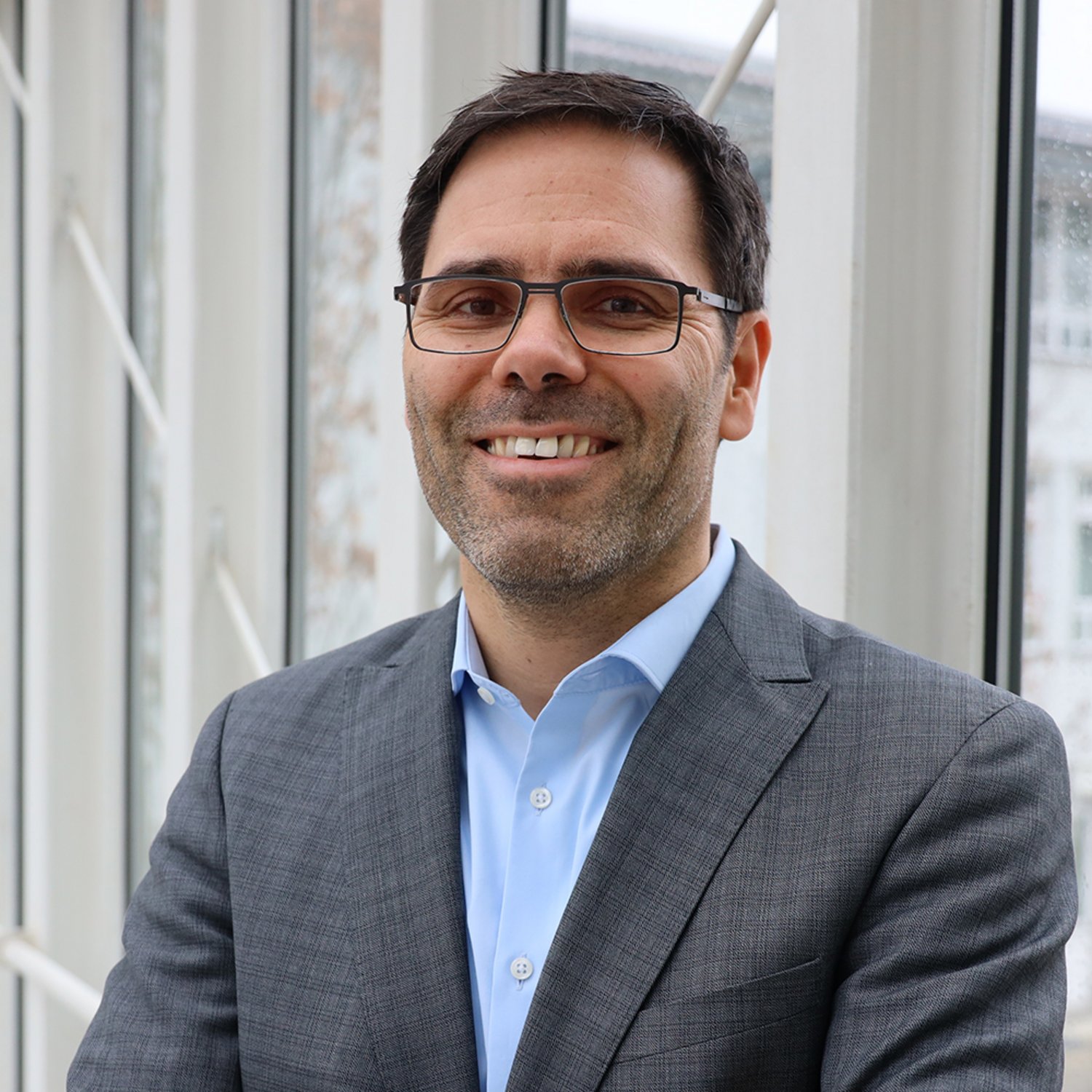
Sustainable Industrial Operations and Business
Bachelor
The interdisciplinary English-language Bachelor's degree programme combines technical, business and international knowledge, skills and competences against the background of sustainability.
| Start | Winter semester |
|---|---|
| Admission Criteria | Unrestricted admission |
| Application period | 15.04.2025 - 15.07.2025 |
| Study format | Full time |
| Study cost | None (only semester fee) |
| Normal duration | 7 Semester |
| Language | English |
| ECTS | 210 |
Programme content
The course content is broadly diversified through the combination of technical, business and international expertise. Upon successful completion, you will have the necessary skills to lead activities or interdisciplinary projects and take responsibility for decision-making. You will be able to take responsibility for the professional development of yourself or others.
The development of language and intercultural skills is therefore also an important part of the programme.
German for non-German-speaking students:
- Both students without any knowledge of German (development to at least level A1)
- As well as students with German language skills (development from level A1/2 to B2)
Foreign language for German-speaking students:
- Both students without foreign language skills (development to at least level A1)
- As well as students with foreign language skills (progression from level A1 to A2/B1)

Study programme
The Bachelor's degree programme comprises six theoretical semesters and one practical semester. A total of 210 ECTS credits are earned. The programme has a modular structure.
The modules in semesters 1 to 4 teach the basics of technology and business administration as well as their integrative combination and international application. The development of language and intercultural skills is therefore also an important part of the programme.
The 4th semester is followed by the practical semester and two theoretical semesters of the specialisation programme, including the Bachelor's thesis.
Modules
Basic and advanced modules in the 1st-4th semester (examples):
Mathematics for Engineers I & II, Principles of Electrical Engineering, Applied Physics, Electronics and Measurement Engineering, Fundamentals of Computer Science, Renewable Energy, Software Development and Coding, Principles of Business Administration and Economics, Sustainable Development, German/Foreign Language, Automatic Control Engineering, Network Communication / IoT, Engineering and Design, Project Management
Practical phase in the 5th semester:
Practical time in the company, practical seminar, seminar research studies (VHB)
Specialisation studies in the 6th and 7th semesters (examples):
Smart Manufacturing and Industry 4.0, Mobility Innovations; Energy Infrastructure, Data Science and AI, Supply Chain Management, Enterprise Resource Planning, Sustainable Development III: Transformations and Scenarios, International Business and Cross-Cultural Communication
Practical orientation
All degree programmes at the Faculty of Electrical and Industrial Engineering are characterised by a high degree of practical and application orientation.
In addition to the theoretical lectures, many of the modules on offer include laboratory practicals with specific content. In these, the theoretical knowledge acquired is tested, expanded and consolidated in practice in our more than 20 modern laboratories. Project work also serves to creatively and practically implement what has been learnt.
In the 5th semester, students also complete a practical semester of at least 80 working days in a company of their choice in Germany or abroad.



